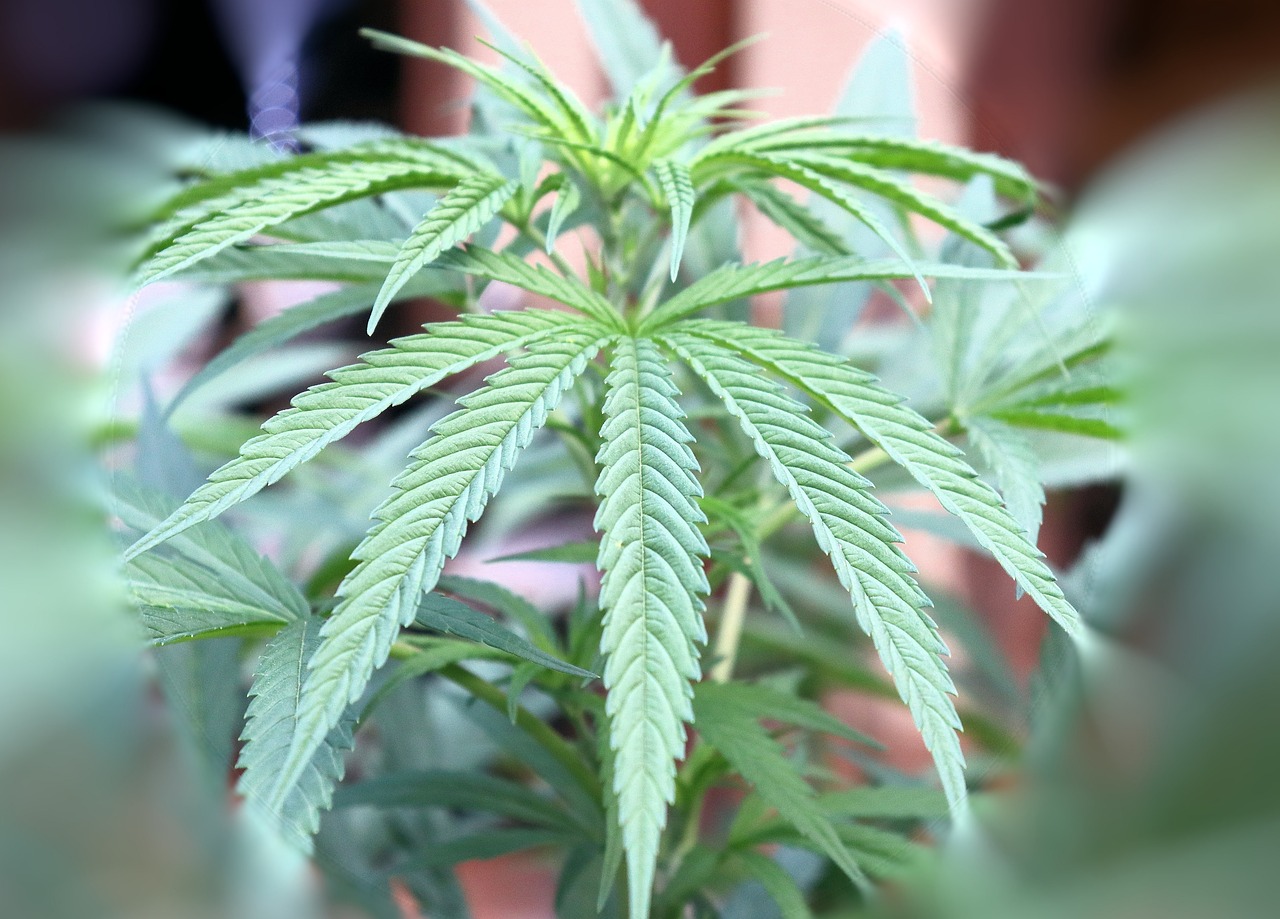In recent years, the cannabis industry has seen a surge in interest surrounding THCA flower. This compound, often overshadowed by its more famous counterpart THC, offers unique benefits that can significantly enhance your cannabis experience. THCa flower and appetite stimulation and its potential can open new doors for both recreational and medicinal users.
Understanding THCA: The Basics
THCA, or tetrahydrocannabinolic acid, is a non-psychoactive cannabinoid found in raw and live cannabis. Unlike THC, THCA does not produce the “high” typically associated with cannabis consumption. This is because THCA must be converted into THC through a process called decarboxylation, which occurs when cannabis is heated.
THCA is abundant in fresh cannabis plants and is often found in higher concentrations in raw cannabis products. As the plant dries and ages, THCA gradually converts to THC. This natural process is why dried cannabis flowers contain more THC than THCA.
Benefits of Incorporating THCA Flower
Incorporating THCA flower into your routine can offer a range of benefits, particularly for those seeking therapeutic effects without the psychoactive experience. Here are some key advantages:
- Anti-Inflammatory Properties: Research suggests that THCA may have significant anti-inflammatory effects, making it a potential option for those dealing with chronic inflammation or autoimmune disorders.
- Neuroprotective Effects: Preliminary studies indicate that THCA might offer neuroprotective benefits, which could be beneficial for conditions like Alzheimer’s and Parkinson’s disease.
- Anti-Emetic Properties: THCA has shown promise in reducing nausea and vomiting, which can be particularly helpful for patients undergoing chemotherapy or those with severe gastrointestinal issues.
- Non-Psychoactive: For individuals who wish to avoid the psychoactive effects of THC, THCA provides a way to experience the therapeutic benefits of cannabis without the high.
How to Use THCA Flower
Incorporating THCA flower into your routine can be done in several ways, depending on your preferences and desired outcomes. Here are some popular methods:
- Raw Consumption: Consuming raw cannabis, such as in smoothies or salads, allows you to intake THCA directly. This method preserves the compound’s integrity and offers the full spectrum of benefits.
- Juicing: Juicing fresh cannabis leaves and flowers is another effective way to consume THCA. This method is gaining popularity among health enthusiasts for its potential wellness benefits.
- Tinctures and Oils: THCA tinctures and oils provide a convenient way to incorporate this cannabinoid into your daily routine. These products are often used sublingually for quick absorption.
Case Studies and Research
Several studies and anecdotal reports highlight the potential of THCA in various therapeutic contexts. For instance, a study published in the British Journal of Pharmacology found that THCA exhibited anti-inflammatory properties in animal models. Another research article in the Journal of Neuroimmune Pharmacology suggested that THCA might have neuroprotective effects, offering hope for neurodegenerative diseases.
In addition to scientific research, numerous anecdotal reports from patients and healthcare providers suggest that THCA can be effective in managing symptoms of chronic pain, nausea, and inflammation. These real-world examples underscore the potential of THCA as a valuable component of cannabis therapy.
THCA vs. THC: A Comparative Analysis
Understanding the differences between THCA and THC is crucial for making informed decisions about cannabis use. While both compounds originate from the same plant, their effects and applications differ significantly.
- Psychoactivity: THC is well-known for its psychoactive effects, which can alter perception and mood. In contrast, THCA is non-psychoactive, making it suitable for those who wish to avoid these effects.
- Therapeutic Applications: Both THCA and THC have therapeutic potential, but they may be suited to different conditions. THCA’s anti-inflammatory and neuroprotective properties make it appealing for certain medical conditions, while THC’s analgesic and appetite-stimulating effects are beneficial for others.
- Legal Status: The legal status of THCA and THC varies by region. In some areas, THCA is more readily available due to its non-psychoactive nature, while THC remains heavily regulated.
Potential Challenges and Considerations
While THCA offers numerous benefits, there are challenges to consider when incorporating it into your routine. One of the primary challenges is the availability of high-quality THCA products. As the market for THCA is still emerging, finding reliable sources can be difficult.
Another consideration is the need for proper storage and handling of THCA flower. Since THCA converts to THC over time, maintaining the freshness of the product is essential to preserve its non-psychoactive properties.
Conclusion
THCA flower presents an exciting opportunity to enhance your cannabis routine with its unique benefits. From its anti-inflammatory and neuroprotective properties to its non-psychoactive nature, THCA offers a versatile option for both recreational and medicinal users. As research continues to uncover the potential of this cannabinoid, incorporating THCA into your routine could provide a new dimension to your cannabis experience.
